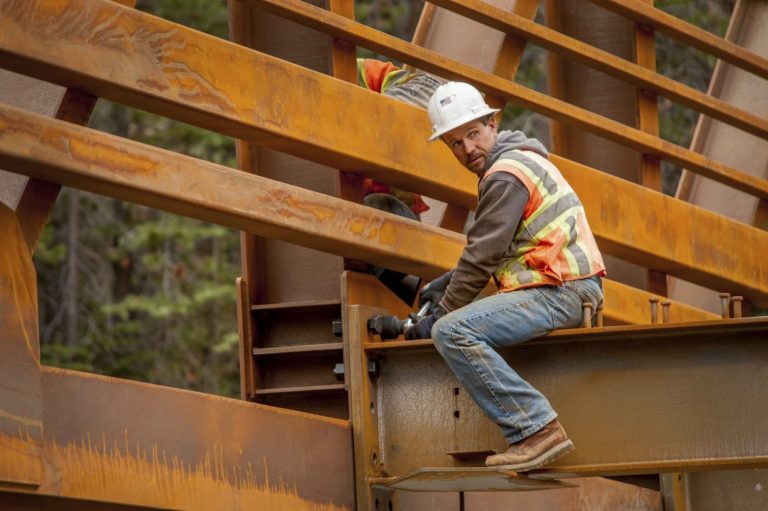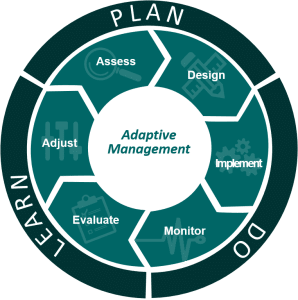“Nuway Construction effectively leveraged technology and face to face meetings to keep all parties abreast of progress during the construction of our newest banking center in South Bend, Indiana. There was never any question as to who was doing what or where we were in terms of budget or progress. The final result was a beautiful building that was built on budget in the midst of uncertain economic times.”
Inflation is an economic phenomenon that affects various
sectors, including commercial and industrial construction. As prices rise for
materials, labor, and other essential components, the construction industry is
faced with numerous challenges. This blog article explores the effects of
inflation on commercial/industrial construction and provides insights into how
businesses can navigate these changes.
Rising Material costs:

With inflation, the cost of construction materials increases significantly. This includes steel, lumber, concrete, and various other raw materials necessary for commercial and industrial projects. As a result, construction companies face higher expenses, impacting project budgets and timelines. Procuring materials becomes a challenge, and prices fluctuations may require adjustments throughout the project lifecycle.
LABOR SHORTAGES AND WAGE INFLATION:

Inflation also affects labor costs within the construction
industry. As the general cost of living rises, workers demand higher wages to
keep up with inflation. This puts pressure on construction companies to secure
skilled labor while managing wage inflation. Additionally, labor shortages may
arise due to workers seeking better-paying industries, further impacting
construction project timelines and overall costs.
pROJECT DELAYS AND INCREASED TIMEFRAMES:

Due to increased material costs and labor shortages, projects may experience delays. Construction companies may struggle to acquire necessary materials within budgeted timelines, resulting in project extensions. Additionally, labor availability issues may lead to reduced workforce efficiency, adding further delays and increasing costs. Businesses must anticipate these challenges and plan accordingly to mitigate the potential impacts on project completion.
fINANCING CHALLENGES:

Inflation affects lending rates and borrowing costs, which can create financing challenges for commercial and industrial construction projects. With higher interest rates, securing loans and capital becomes more expensive. Construction companies need to carefully evaluate financing options and consider how inflationary pressures may impact their ability to secure favorable terms.
ADAPTIVE STRATEGIES:

To navigate the impacts of inflation, construction businesses must adopt adaptive strategies. These may include closely monitoring material prices, building strong relationships with suppliers, and considering alternative construction methods or materials. Implementing value engineering practices can also help optimize costs without compromising project quality.
Inflation has a significant impact on commercial and industrial construction, affecting material costs, labor availability, project timelines, and financing. Construction companies must proactively monitor market trends, adapt their strategies, and plan for potential challenges to ensure successful project execution. By cautiously managing these impacts, businesses can mitigate risks and continue to thrive in an ever-changing economic landscape.
If you’re ready to build your company’s headquarters, design your dream office, or expand your operations, drop us a line. At Nuway, our goal is your success.
Head on over to Marshmclennan and read Kelly Outram's view on the impacts of inflation, or check out their podcast on mitigating the impact OF inflation.
Inflation: The impact on the construction sector (marshmclennan.com)
Mitigating the Impact of Inflation on Construction Projects (marshmclennan.com)



Inflation: The impacts of inflation on commericial construction



